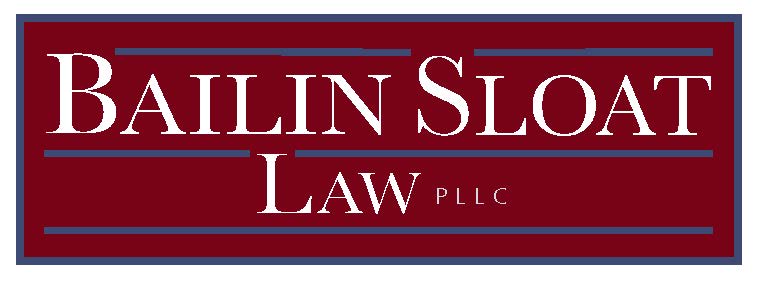Skip to content
ESTATE PLANNING
Wills
- Wills allow a person to direct how their assets will be distributed after their death.
- Wills allow a person to name a guardian for their minor children and other dependents.
- Wills DO NOT avoid probate.
- Frequently referred to as a last will and testament.
Revocable Trust
- Also known as a living trust or an inter vivos trust
- Can own most forms of property.
- Can be used to pass property to beneficiaries without probate.
- Makes managing your estate much simpler should you become unable to manage your affairs.
- Can be used to delay the transfer of your estate to your children, until your children have reached a certain (mature) age.
- Can own property, and thus eliminate need for probate, in multiple states.
- Generally private and does not require court intervention.
Healthcare Power of Attorney
- Allows a person to name an agent who will make medical decisions if the person is incapacitated or otherwise unable to make medical decisions.
- Allows a person to proactively make certain end of life decisions to take the burden off their loved ones.
- DOES NOT allow an agent to make financial decisions for the principal.
- Generally not activated until the principal is declared to lack capacity by a healthcare professional.
- Generally avoids the necessity of a guardian of the person if incapacitated.
Living Will
- Allows a person to make end of life decisions.
- Related to a healthcare power of attorney, but not the same.
- A living will is NOT the same as a last will and testament.
Durable Power of Attorney for Finance
- Allows the principal to grant the authority to make certain financial decisions for the principal.
- May be limited in nature or very broad.
- If properly drafted generally eliminates the need for a guardianship of the estate if incapacitated.
probate
- The process of administering an estate after someone passes.
- A public process overseen by the court.
- Has specific deadlines that must be met.
- Frequently requires the executor to obtain a probate bond.
- A lengthy process requiring at least six months, and frequently a year or more to complete.
Elder Law
- Medicaid planning advice.
- Personal care agreements.
- Rental agreements for parents.
- In-law apartment agreements.
- Analysis of options such as:
- Home care by family members.
- Home care by professional caregivers.
- Independent living.
- Assisted Living.
- Nursing Facility Care.
- Alternate sources of financing senior care.
- Estate planning for parents – powers of attorney, trusts and wills
want to know more or have questions? contact us now to get started!
contact us
